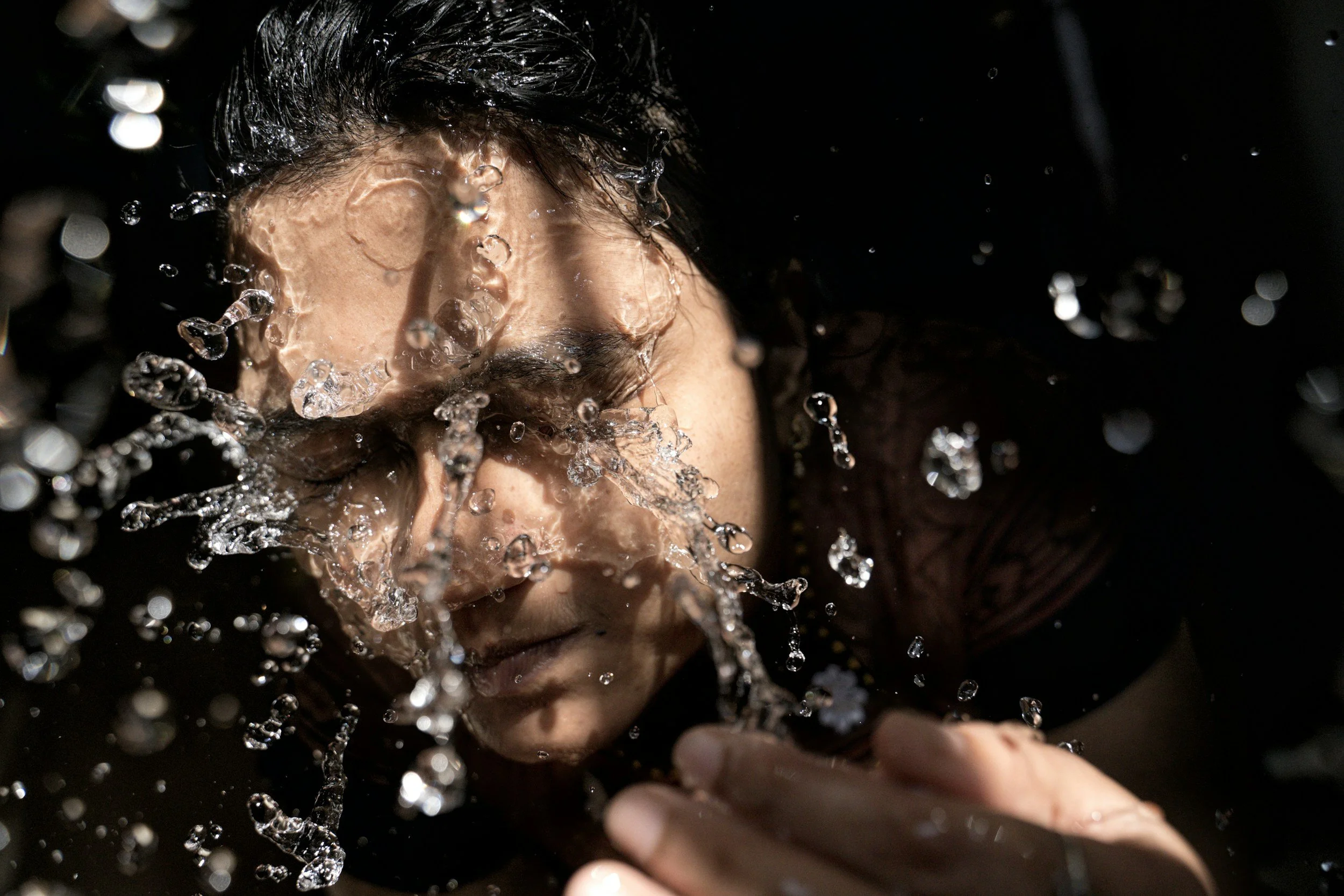Social Media Survival Guide for Teens and Parents: 4 DBT Skills That Can Help Save Your Sanity
By Casey Limmer, MSW, LCSW, DBT-LBC
Let’s be honest: parenting a kid in the age of smartphones is like handing them a live grenade made of glitter… one that can go off at any moment, sending shockwaves of hurt feelings and the shrapnel of broken relationships flying in every direction. One second, they're watching puppy videos; the next, they're in tears because they got left on read by someone named "Becca". The FOMO tailspin that inevitably ensues once your kid then sees all her besties hanging out with the aforementioned Becca at Starbucks is a level of despair and self-loathing once reserved for 35 year old cat ladies and 45 year old bald dudes with convertibles.
Higher levels of depression and anxiety amongst our youth is very real and very much tied to the increase in time spent online. How ironic that these platforms that were meant to remove barriers and bring the world closer together, have driven many of us to feel more isolated and ostracized than ever before.
Enter: DBT (Dialectical Behavior Therapy) — not as scary as it sounds, and way more useful than your 7th attempt to explain why they don’t need TikTok at school.
Here’s how some of the DBT skills can help your kid stay calm, cool, and less likely to text their entire friend group something they'll regret.
1. Mindfulness: Because Impulse + Internet = Uh-oh
DBT teaches kids to pause prior to posting, relax instead of react, and breathe before blowing up.
Without mindfulness:
“I saw Maddie posted a pic with Becca and not me. I’m gonna comment, ‘LOL fake friends 😘’.”
With mindfulness:
“I am noticing a feeling of jealousy and an urge to be petty. I’m going to breathe instead of launching a digital nuclear friendship war.”
Pro tip:
Teach them to pause and ask themselves: “Am I scrolling for fun, or because I feel left out and I want digital revenge?”
2. Emotion Regulation: Because Feelings Are Real (Even the Weird Ones)
Quiz time — Your kid just saw a party they weren’t invited to. Do they feel:
A. Hurt, confused, lonely, abandoned, depressed, sad
B. Angry, upset, livid, rage, annoyed, frustrated, pissed
C. Like throwing their phone into a volcano 🌋 and then climbing in after it because they can’t live without that phone!
D. All of the above
DBT gives kids tools to name their feelings and deal with them like small, emotional ninjas — not tasmanian devils. When big feelings are activated, the body takes over and the frontal lobe (problem-solving part) of the brain takes a back seat. Behaviors can be impulsive and erratic because they are tied solely to the emotion like a caboose of a runaway freight train. To control the behaviors, we have to stop feeding the fire in the train’s emotional engine. We need to control the body so that frontal lobe can get back in the driver’s seat.
To control and downregulate the body, Try: The TIPP Skill
Temperature (splash VERY cold water on face or immerse entire face in ice water)
Intense exercise (expel energy using jumping jacks or an angry TikTok dance)
Paced breathing (try to slow the breath by matching the in with the out breath)
Progressive muscle relaxation - this is where you first tighten a segment of muscles and then let them loose (I.e. hold your arm out in front of you like it is a steel pipe, super stiff. Then let it fall to your side like a piece of loose spaghetti. Notice what happens to your breathing when you do this. Do this with all the parts of your body, one at a time.)
3. Interpersonal Effectiveness: Because Saying “No” Is a Superpower
Peer pressure is sneaky, like that one person in your friend group that can Jedi-mind-trick you into believing that mullets are back in style or that you can totally handle eating one single chip out of a package labeled “Carolina Reaper — Death by Potato”. Next thing you know you are sporting a business in the front, party in the back hairstyle while trying desperately not to vomit the one chip and two pints of milk you chased it with.
DBT teaches kids to set boundaries like bosses — even if they’re still learning how to tie their shoes properly.
Here is an Example of a DBT skill called the DEAR FRIEND Script:
DEAR stands for Describe, Express, Ask, Reward. Imagine your daughter’s friend wants her to hang out with a group of kids that vape and drink. Your kiddo knows this is going to lead to nothing but trouble but fears rejection by her bestie if she says no. A DEAR script might sound like:
“(D) I know you like those guys and they are pretty hilarious. (E) All the smoking and drinking they do all the time concerns me though. (A) I’m not into that stuff and I don’t want to be around it. Let’s hang out with Logan instead. (R) He just got a new dog and it’s super cute (see pic).”
Adding in the FRIEND component means your teen learns and practices how to be Fair, Respectful, Interested in others and their opinions, use an Easy manner, Negotiate, and be Direct in their response.
4. Distress Tolerance: For When It Just Really, Really Sucks
Sometimes the only fix for social media drama is surviving it with grace (or at least without a meltdown).
Whether they were left out, ghosted, or tagged in a truly unflattering photo, DBT gives kids tools to ride the wave — not drown in it.
Try:
Distraction: draw, dance, read, watch TikTok videos of dogs with babies, eat a Carolina Reaper Chip — Hey, it may be dumb but it IS distracting
Self-soothing: music, cozy blanket, snuggling a dog or a parent (if desperate)
Radical acceptance: “This stinks, but I’ll survive.”
Bottom Line: We Can’t Bubble-Wrap the Internet
But we can give our kids real skills to:
Pause before posting
Name their feelings (instead of becoming them)
Stand up to peer pressure (without going full villain arc)
Bounce back after rejection (or a tragic selfie tag)
Want to Raise a Less Dramatic Scroller?
We teach DBT skills to kids (and parents!) in a way that’s fun, practical, and low on eye rolls.
Try out our Parent’s Classes to learn more DBT skills you can teach your kid.
Learn About Our DBT for Kids and Teens Program
St. Louis DBT — Helping kids turn down the drama and turn up the skills.




